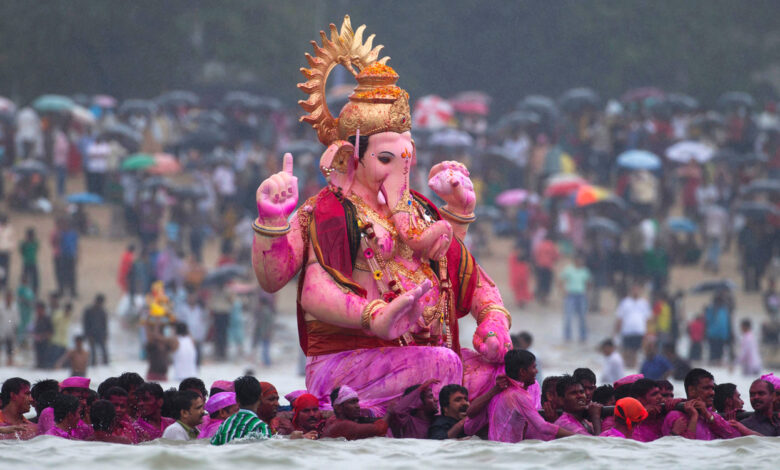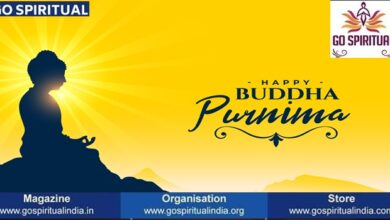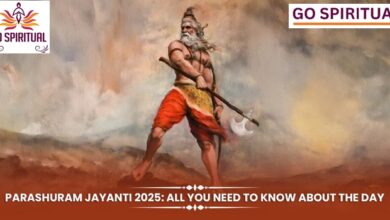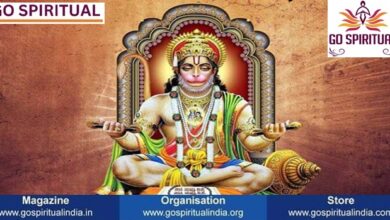
Hinduism, one of the oldest and most diverse religions in the world, is a mosaic of beliefs, rituals, and practices. Central to Hindu life are its festivals, which mark significant moments in the religious and cultural calendar. These festivals serve as windows into the rich tapestry of Hindu spirituality, tradition, and culture, offering a glimpse into the diverse manifestations of devotion and celebration.
Diwali – The Festival of Lights:
Diwali, also known as Deepavali, is perhaps the most famous Hindu festival celebrated with great zeal and enthusiasm across the globe. Symbolizing the victory of light over darkness and good over evil, Diwali typically falls in October or November. Homes are adorned with colorful rangolis, oil lamps are lit, and fireworks illuminate the night sky, creating a spectacle of beauty and joy. Families come together to exchange gifts, share sweets, and offer prayers to the goddess Lakshmi for prosperity and abundance. Diwali transcends religious boundaries, uniting people from all walks of life in a spirit of celebration and renewal.
Holi – The Festival of Colors:
Holi, known as the festival of colors, is a vibrant and exuberant celebration held in the spring. It signifies the triumph of good over evil and the arrival of spring. The highlight of Holi is the playful throwing of colored powders and water, symbolizing the breaking down of social barriers and the fostering of unity and love. Traditional sweets like gujiya and thandai are savored, and joyous music and dance fill the air. Holi is a time for forgiveness, reconciliation, and the renewal of friendships, making it a cherished occasion for Hindus around the world.
Navaratri – The Festival of Nine Nights:
Navaratri, meaning “nine nights,” is dedicated to the worship of the goddess Durga in her various forms. It is celebrated twice a year, typically in the months of March-April and September-October. During Navaratri, devotees fast, pray, and engage in devotional music and dance, particularly the energetic Garba and Dandiya Raas. Each night is dedicated to a different aspect of the goddess, culminating in Vijayadashami, the tenth day, which marks the triumph of good over evil and the victory of Lord Rama over the demon king Ravana. Navaratri is a time for spiritual introspection, purification, and the celebration of feminine power and divinity.
Janmashtami – The Birth of Lord Krishna:
Janmashtami commemorates the birth of Lord Krishna, one of the most beloved deities in Hinduism. Celebrated with great fervor and devotion, especially in the city of Mathura and Vrindavan, the birthplace and childhood home of Lord Krishna respectively, Janmashtami is marked by prayers, bhajans (devotional songs), and reenactments of Krishna’s childhood antics. Temples are adorned with flowers and lights, and devotees observe fasts and engage in devotional activities throughout the day and night. The festival culminates in the midnight hour, the moment believed to be when Lord Krishna was born, with the ritualistic breaking of the Dahi Handi (pot of curd), symbolizing Krishna’s mischievous nature as a child.
Ganesh Chaturthi – The Birthday of Lord Ganesha:
Ganesh Chaturthi celebrates the birth of Lord Ganesha, the elephant-headed deity revered as the remover of obstacles and the harbinger of wisdom and prosperity. The festival typically lasts for ten days, with elaborate processions, colorful decorations, and the installation of Ganesha idols in homes and public pandals. Devotees offer prayers, perform aarti (rituals involving light), and partake in communal feasts. On the final day, the idols are immersed in water bodies, symbolizing the departure of Lord Ganesha and his promise to return the following year.
Conclusion:
Hindu festivals are not merely occasions for merrymaking; they are embodiments of spirituality, tradition, and cultural heritage. Through rituals, prayers, and festivities, Hindus connect with their faith, their communities, and the divine. These festivals serve as reminders of the timeless values of love, compassion, and righteousness, uniting people in celebration and harmony. In a world marked by diversity and pluralism, Hindu festivals stand as shining examples of the beauty and richness of human culture.









